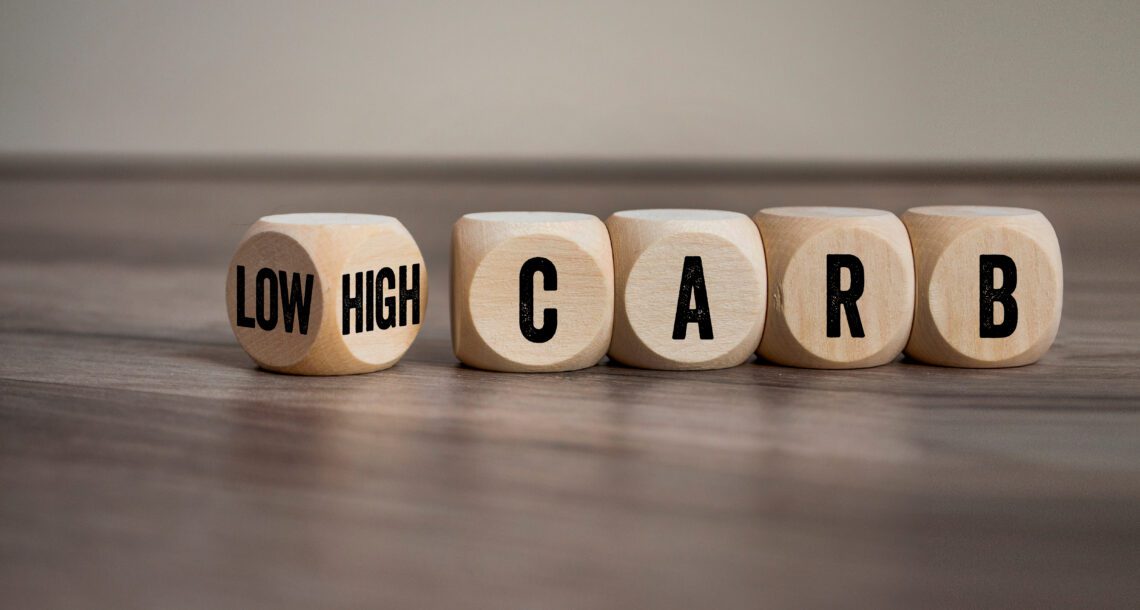
Not all carbohydrates are bad for you, but is it beneficial to focus on eating protein and fats instead of carbs? What happens if you reduce your daily carbohydrate intake? Time and again, people ask, “Are carbs bad for you?” Let’s explore further to see what implications carbohydrate intake has on your body.
What happens when you give up carbs?
First of all, not all carbohydrates are equal. Chips, cookies, cakes, bagels, candy–those are all high-glycemic carbohydrates which cause severe spikes and drops in blood sugar.
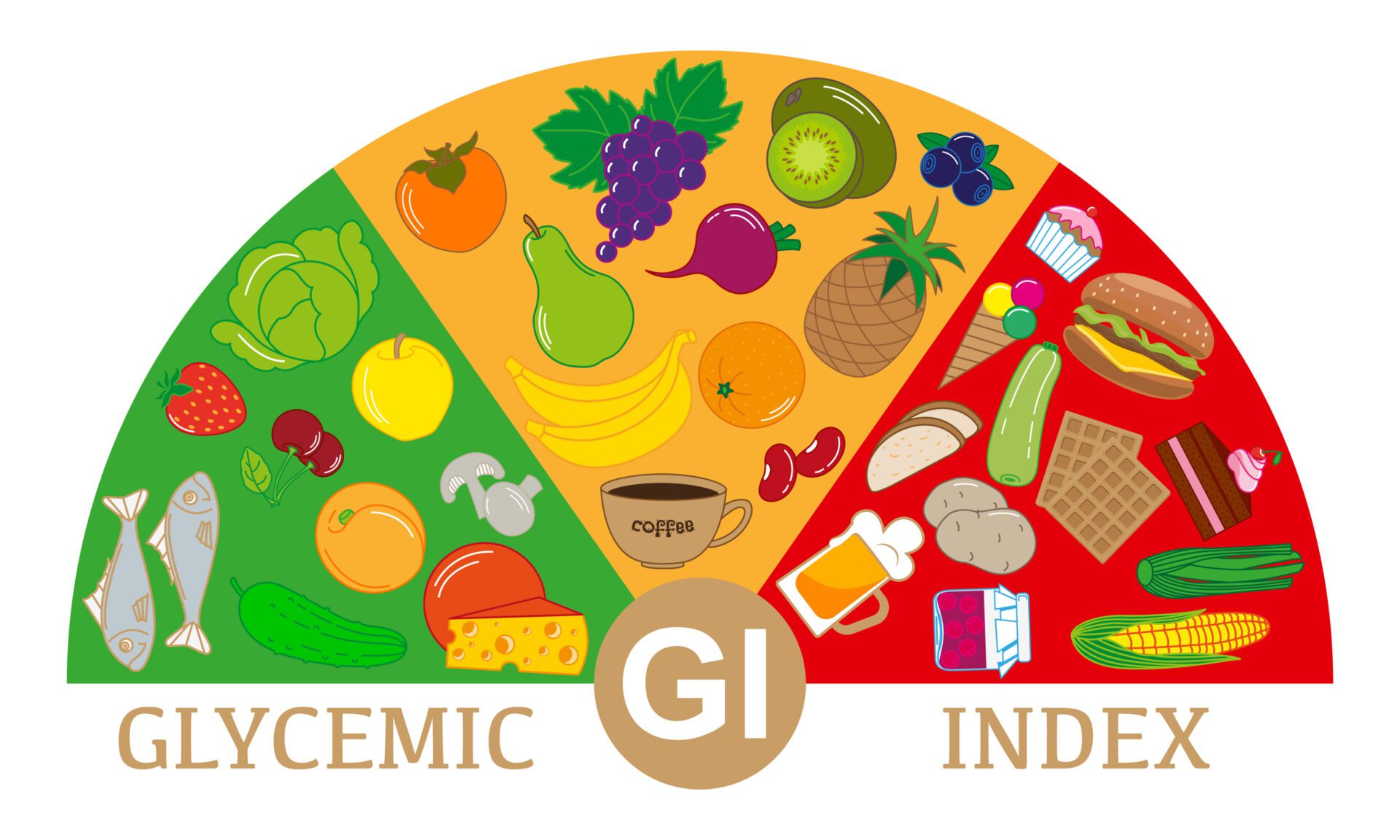
Lower-glycemic carbs (which are certainly welcome on the keto diet) are found in leafy greens, green veggies, low-sugar fruits, as well as some nuts and dairy. Some carbs are healthier than others, but what happens to your body when you give up the high-glycemic selections?
Read on to find out how cutting out carbs affects your body.
You’ll Start Losing Weight
The moment you start eating less carbohydrates your body will adjust to source energy from fat. You’ll begin to burn through your body’s fat deposits and thus start losing weight rapidly. [1]
In the beginning, you’ll mostly shed water weight and you may lose a few more pounds at first until your weight loss becomes steady.
Your Digestion Improves
The moment you replace simple carbohydrates with moderate protein and high fat food you’ll see a change in your digestion.
Unhealthy gut microbiomes take advantage of your sugar consumption and may cause you to suffer from irregular bowel syndrome, stomach aches and bloating. [2] The moment you cut out sugars (which are carbohydrates) you’ll start to feel better.

You’ll Reduce Cravings
Carbohydrates are full of sugars so they will only keep you full for two to three hours at a time. Remember that rule where you should eat small meals every few hours? That was made specifically to regulate spikes in blood sugar.
That goes away once you cut down on your carbohydrate intake. [3] Instead of eating simple carbs, you’ll start eating more protein, which will keep you full for longer and focus on high-fat foods such as chia pudding, nuts and seeds, avocados, scrambled eggs and more.
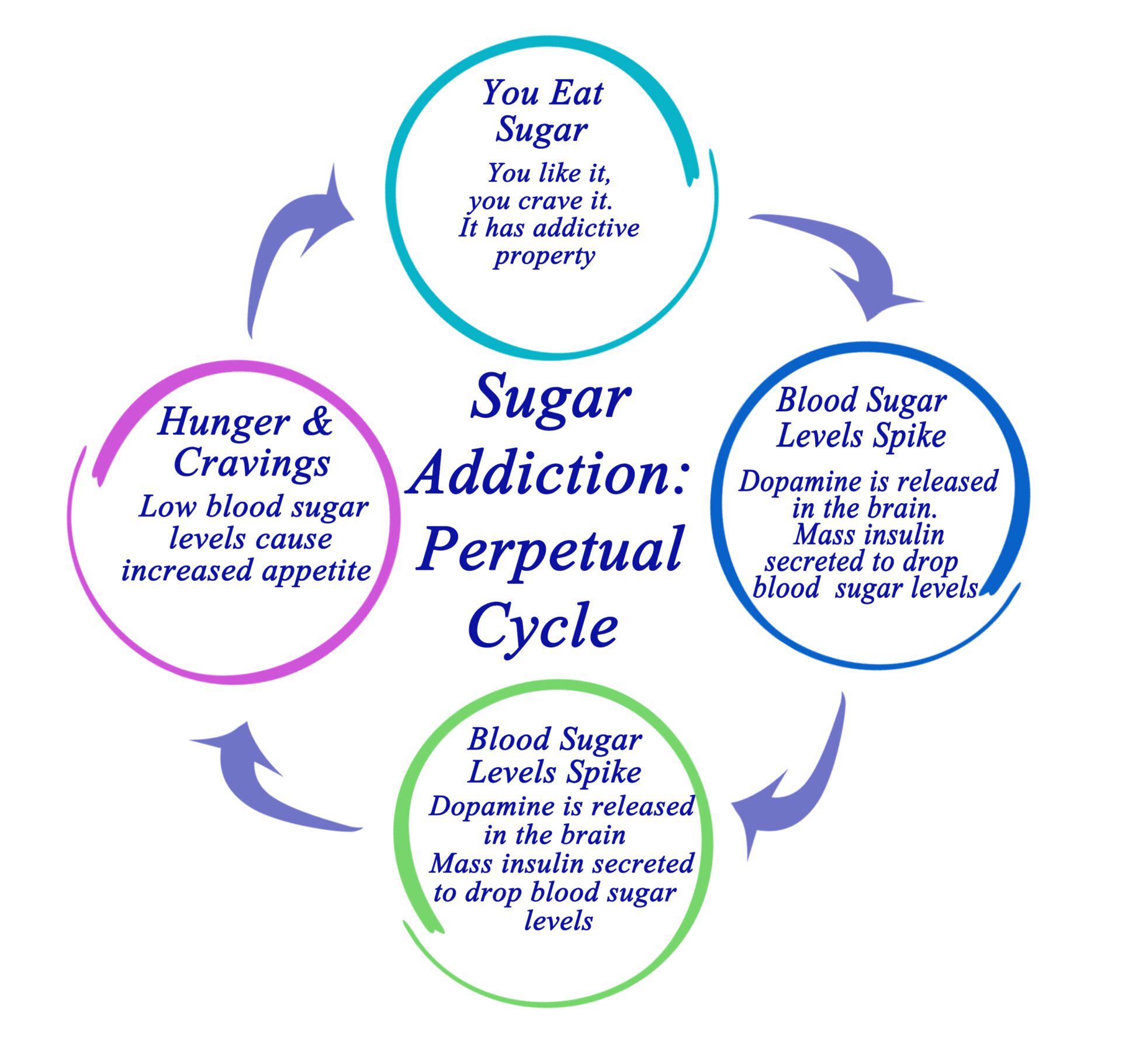
Your Risk of Diabetes Goes Down
Carbohydrates and simple sugars can cause a turmoil in your body for the long term. Then, your body will start producing more and more insulin which may ultimately lead to insulin resistance, type 2 diabetes and other sugar-related diseases. [4]
The moment you cut out carbohydrates from your diet, your body will produce less insulin and maintain a healthy blood sugar level.
Your Body Composition Improves
Ice cream? Bagels? Cakes? Those are all examples of simple carbohydrates. They do nothing for your body other than make you gain weight if you eat too much of them and worsen your body composition overall. [5]
Instead of filling your body with carbs, on a low-carb diet you’ll focus on eating protein and healthy fats. Proteins are the building blocks for your muscles, so naturally you’ll improve your body’s composition and build lean muscle mass.
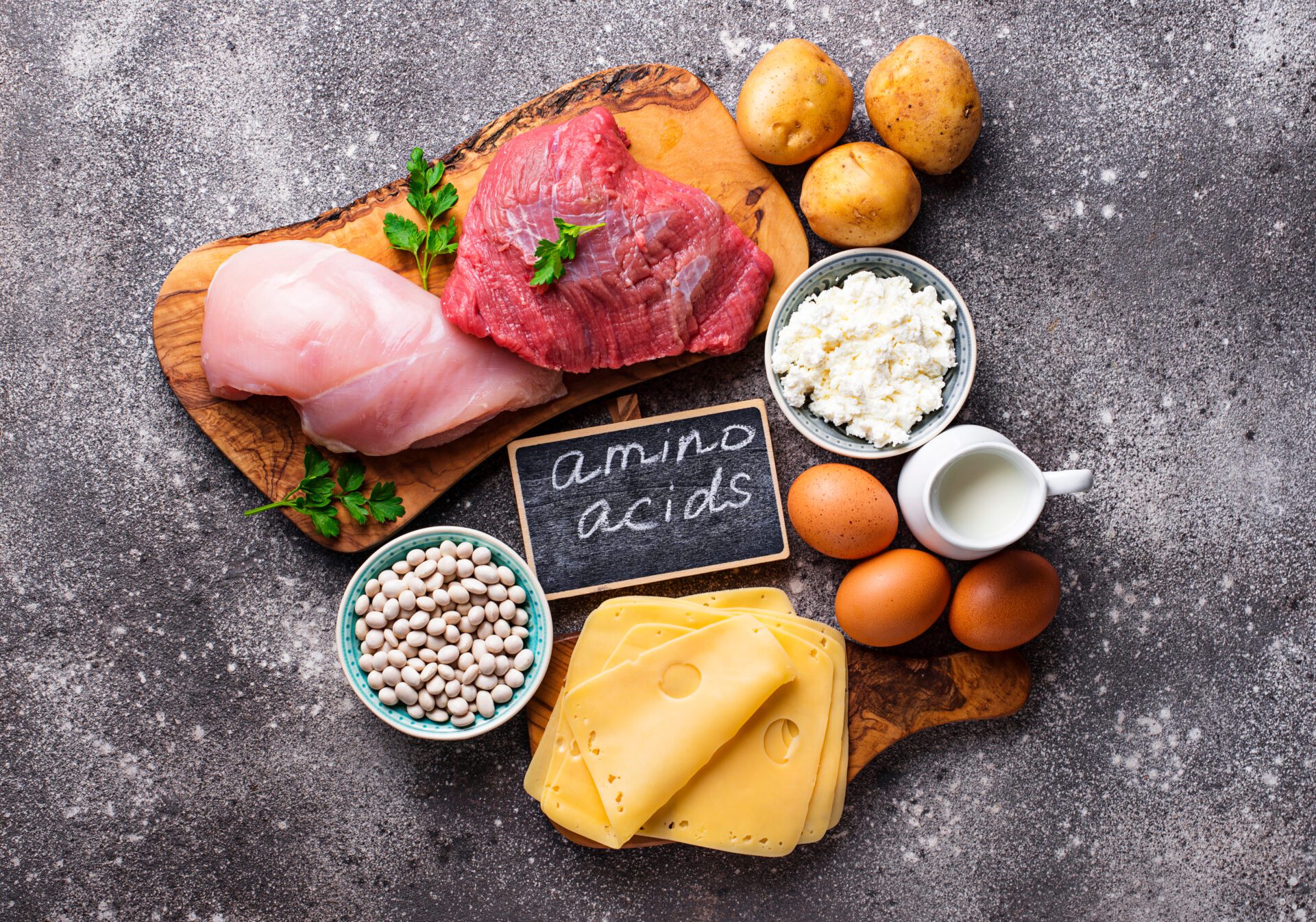
You’ll Have More Energy
This has a lot to do with the fact that carbohydrates cause insulin spikes. Ever felt energized after eating something sweet or high-carb, only to feel lethargic an hour or two later? That’s what insulin is responsible for.
By eating less simple carbs and eating more complex carbs such as high-fiber fruits, leafy greens, non-starchy vegetables and low carb grains your body will stop getting those unwanted afternoon crashes.
Do You Think Carbs are Bad?
What do you think? Do you think carbs are bad and should be avoided, or is it more of an individual preference? Let us know in the comments what you think! We’d love to hear your thoughts on this.
References
Astrup, A., & Hjorth, M. F. (2017). Low-Fat or Low Carb for Weight Loss? It Depends on Your Glucose Metabolism. EBioMedicine, 22, 20–21. https://doi.org/10.1016/j.ebiom.2017.07.001
Austin, G. L., Dalton, C. B., Hu, Y., Morris, C. B., Hankins, J., Weinland, S. R., Westman, E. C., Yancy, W. S., Jr, & Drossman, D. A. (2009). A very low-carbohydrate diet improves symptoms and quality of life in diarrhea-predominant irritable bowel syndrome. Clinical gastroenterology and hepatology : the official clinical practice journal of the American Gastroenterological Association, 7(6), 706–708.e1. https://doi.org/10.1016/j.cgh.2009.02.023
Martin, C. K., Rosenbaum, D., Han, H., Geiselman, P. J., Wyatt, H. R., Hill, J. O., Brill, C., Bailer, B., Miller, B. V., 3rd, Stein, R., Klein, S., & Foster, G. D. (2011). Change in food cravings, food preferences, and appetite during a low-carbohydrate and low-fat diet. Obesity (Silver Spring, Md.), 19(10), 1963–1970. https://doi.org/10.1038/oby.2011.62
Kelly, T., Unwin, D., & Finucane, F. (2020). Low-Carbohydrate Diets in the Management of Obesity and Type 2 Diabetes: A Review from Clinicians Using the Approach in Practice. International journal of environmental research and public health, 17(7), 2557. https://doi.org/10.3390/ijerph17072557
Hashimoto, Y., Fukuda, T., Oyabu, C., Tanaka, M., Asano, M., Yamazaki, M., & Fukui, M. (2016). Impact of low-carbohydrate diet on body composition: meta-analysis of randomized controlled studies. Obesity reviews : an official journal of the International Association for the Study of Obesity, 17(6), 499–509. https://doi.org/10.1111/obr.12405


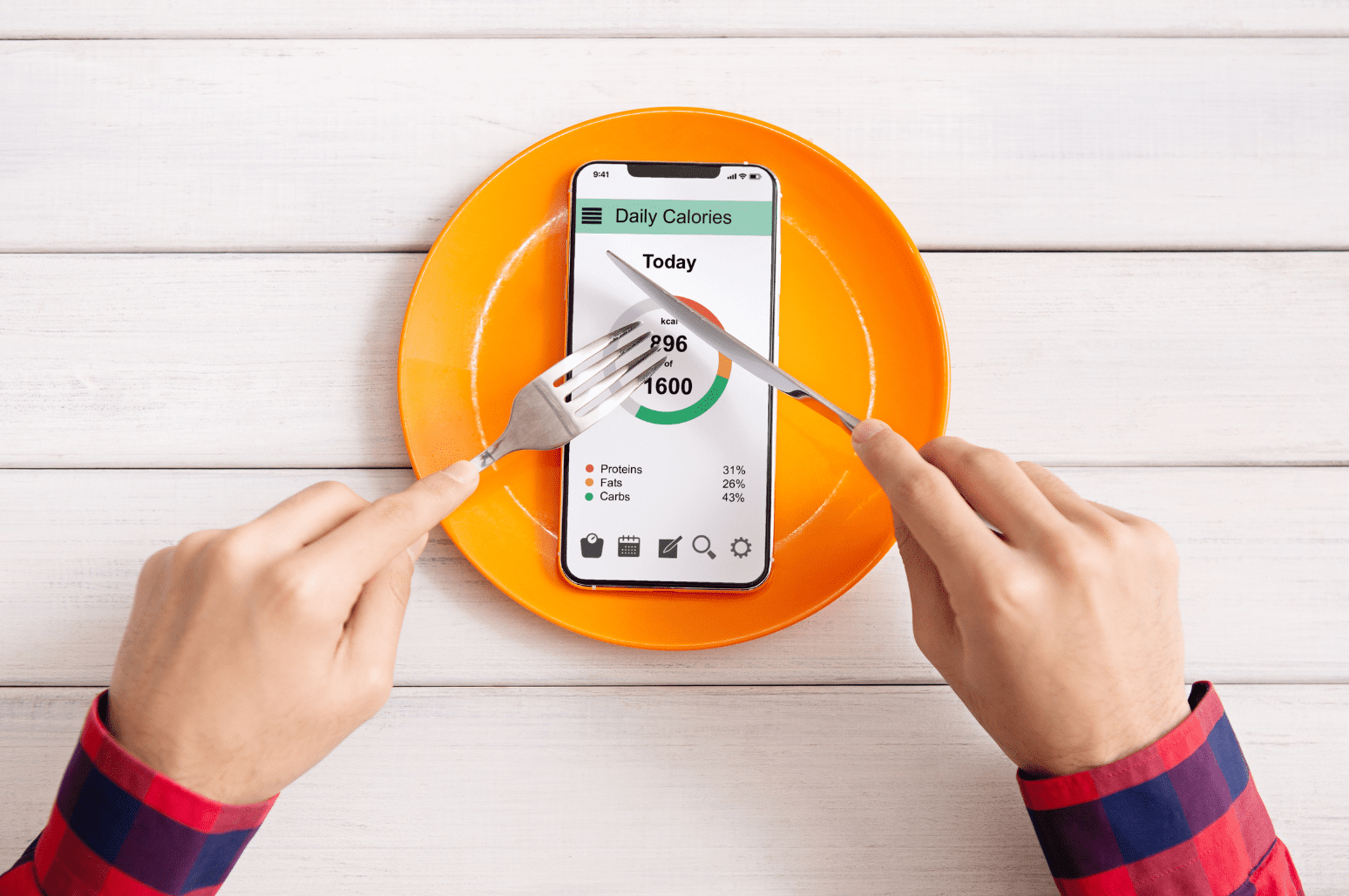


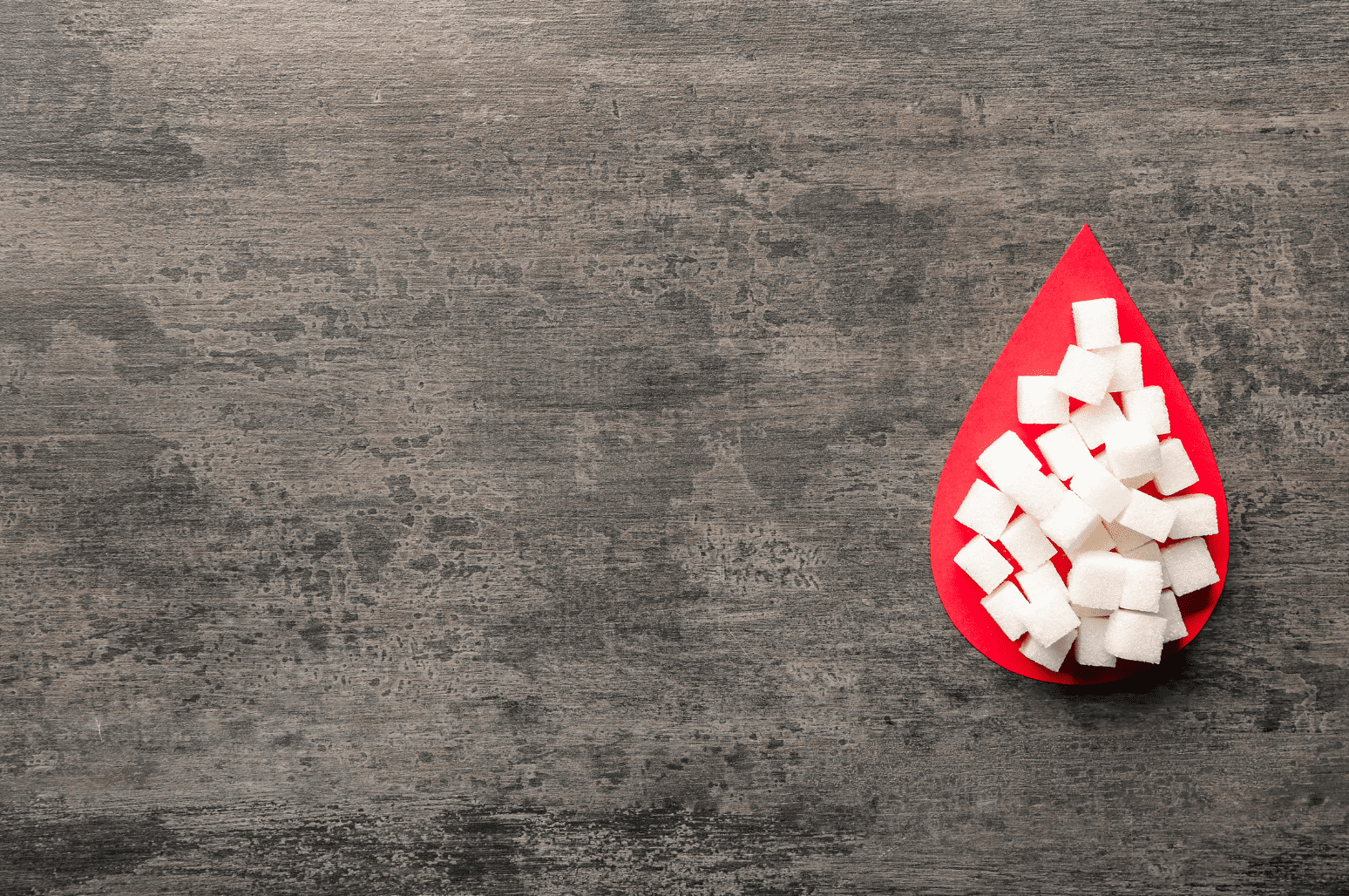



I agree with this article
We need some carbs but they must be good carbs😊